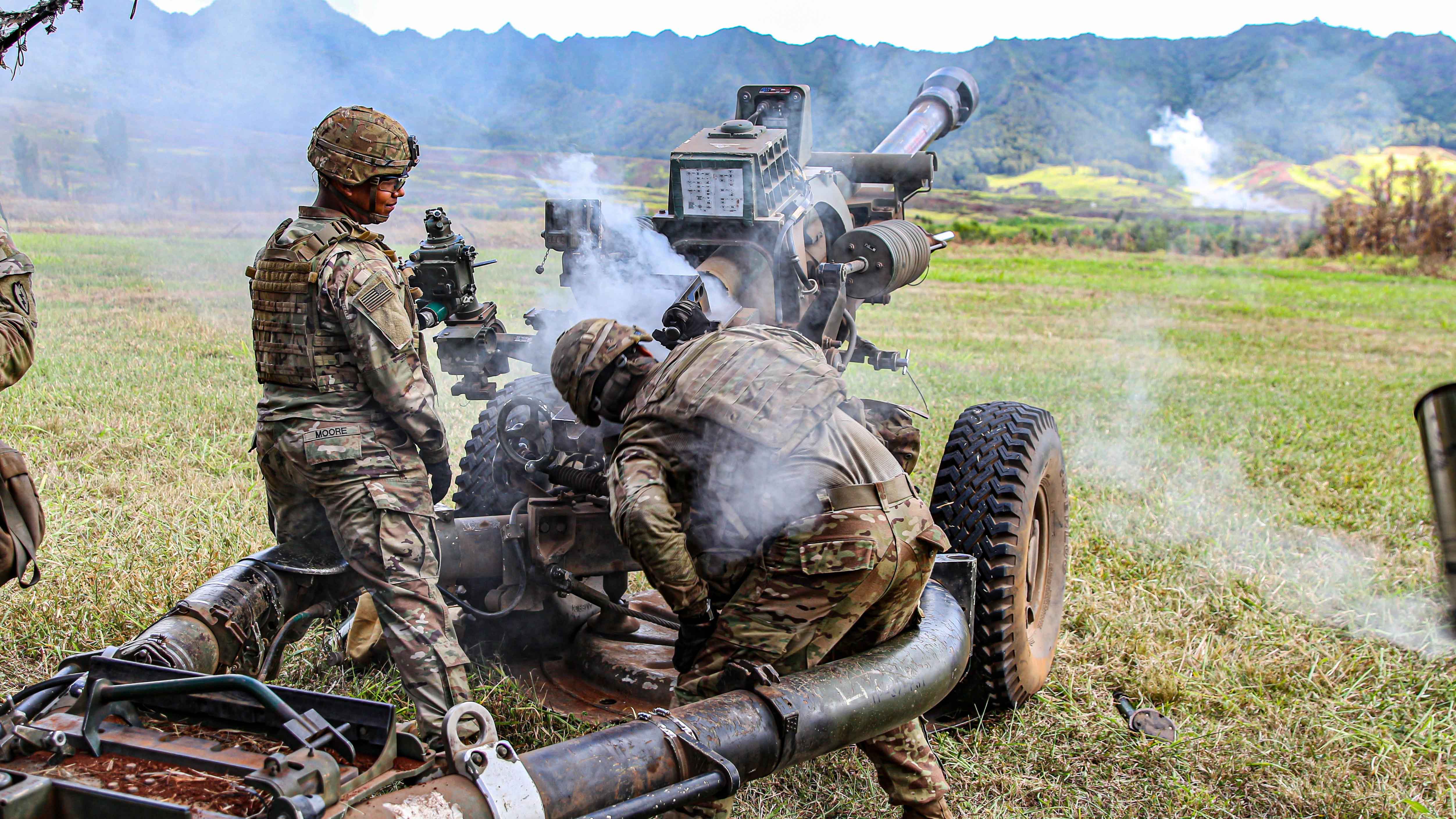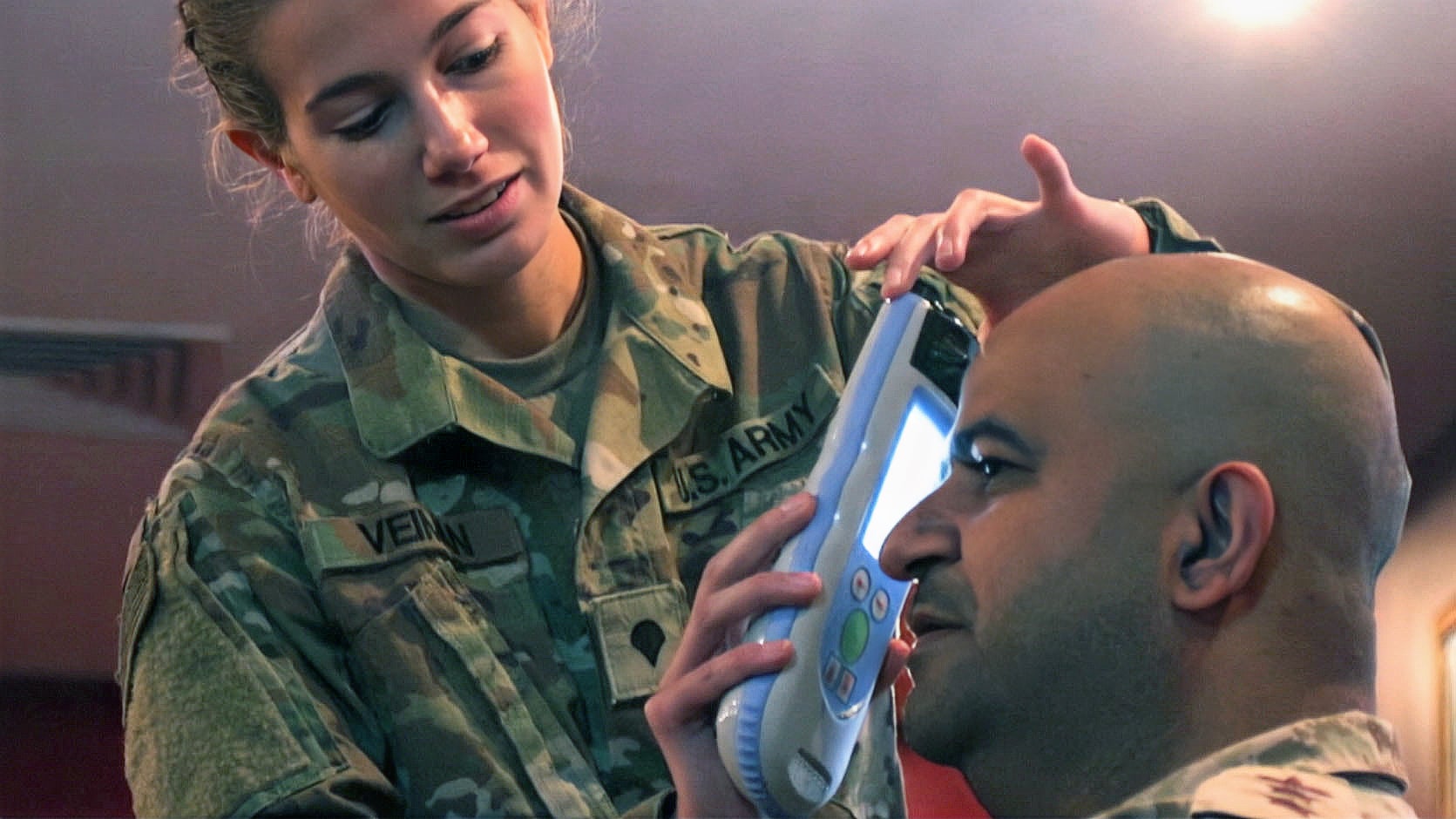Experts: Troops Need Better Protection from Blasts

Service members need more protection against low-level blast exposure and its potential impact on the brain, a panel of experts testified before the Senate Armed Services subcommittee on personnel.
“Exposure to blast[s] ... can occur both in combat and in training,” Samantha McBirney, a biomedical engineer with the Rand Corp., testified during the Feb. 28 hearing. “Studies have shown that the cumulative effect of repeated low-level blast exposure can cause symptoms similar to traumatic brain injury.”




